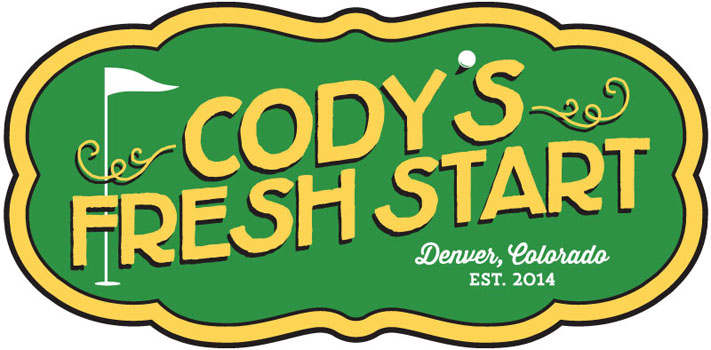
“There are those who give with joy and that joy is their reward.” Kahlil Gibran
Almost everything ever written on the subject of love indicates that at the heart of love is the spirit of giving. Generosity is a good character trait to have, especially in service to others. We all strive to be less selfish and more giving. But, is there such a thing as unhealthy giving? What if the giving is based on receiving something in return?
To be truly giving, it must come from a genuine place without any expectations or ulterior motives.
I’ve done things for others that seemed loving and generous, even when I didn’t want to do them. I have given my time and money away for the wrong reason many times. Most of it was motivated by my distorted feelings of guilt or my exaggerated sense of responsibility. Sometimes, I did it because I thought people would like me more, since apparently I thought I wasn’t likeable enough. It’s the annoying people-pleasing character defect of mine that has roared its ugly head for most of my life; a momentary boost in self-esteem in having others validate me. At best my sense of satisfaction was fleeting.
My unhealthy giving generally focused on the response or outcome rather than what seemed right for me to do. I was trying to manage or control someone else’s feelings, reactions, and behaviors. There is nothing unconditional about this kind of giving, and it is actually controlling and manipulative behavior. How many times did I give money to my son thinking it would save him or fix his situation?
Much of it was motivated by guilt, convincing myself that I was a bad mother for having a son with drug and alcohol addiction. It’s not only money I gave him, but my precious time, too. It took up a whole lot of my time to deal with all of the messes he created as a result of his addiction, which I wrongly thought I was responsible. Now I look back and realize I wasted so much of my own time taking care of Cody’s responsibilities; things he could have handled himself. It’s precious time I cannot get back now.
My underlying motivation was to avoid the negative consequences his actions caused me. I didn’t want to tell people my son was in jail (so I bailed him out) or bouncing checks (I covered the checks) or stealing things (I kept it a secret) or being evicted (I paid his rent) or getting a DUI (I hired a lawyer). Helping out with his financial problems didn’t allow him to become financially responsible or allow him to mature as an adult human being. That type of giving kept us both sick, because resentments built up from both of us. By constantly “helping” Cody, he was seldom able to have the confidence to manage his life by himself, because I was always there to rescue him, and the result made him feel inept and unable to take care of himself. It made me feel taken advantage of and resentful.
This type of behavior on my part is often referred to as caretaking, which means assuming responsibility for meeting someone else’s needs to the exclusion of recognizing one’s own needs. It was the experience of fear and dark expectations and impending doom.
This was unhealthy giving at its worst and there was no joy involved; only fear.
In my work on disentangling myself from unhealthy giving, I have learned I can say no. That word has always been hard for me to say, especially when it came to family and friends. It was especially hard for me to say to Cody. But, I learned about the disease of addiction and that I could separate the person from the disease, and not feel guilty for saying no. This stark realization carried over to my behavior with others and I understood I didn’t have to give away my hard-earned money or my precious time to get people to like me.
If someone asks me for money now, I ask myself if I can afford to give it away. If I can’t afford to give it away, then I can’t afford to loan it either, because there is always the possibility I won’t get it back. It takes the guesswork out of my decision-making and forces me to do what is best for me. Others seem to respect this change in me, even though it has not always been well received. I am most likely to keep my serenity when I express myself assertively and genuinely.
I’ve figured out being truly giving is motivated out of love and not out of fear, guilt, people-pleasing, or obligation. Being generous is a positive trait, as long as there are healthy boundaries around it and I don’t expect anything in return. I have learned how to draw these boundaries in my life most of the time. I am not perfect at it, but there is a great deal of progress. I don’t believe I have to give all of myself to others anymore, understanding it’s not being selfish to save some of my bigheartedness for my own well-being.
I have cultivated a more balanced and genuine identity over the years. Whether I am giving my time, effort, or money, it needs to be giving I can afford both financially and emotionally, and giving based on love, rather than unhealthy caretaking. This spirit of unconditional giving is at the heart of love.
I am grateful for recognizing the right reason for being truly giving is joy.
Happy Thanksgiving!
Mary Cucarola – November 6, 2016
